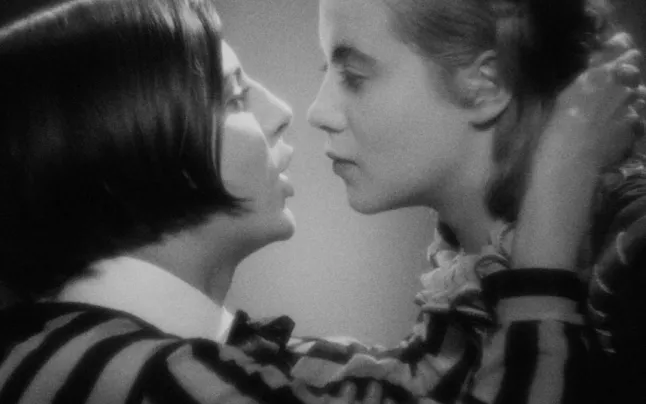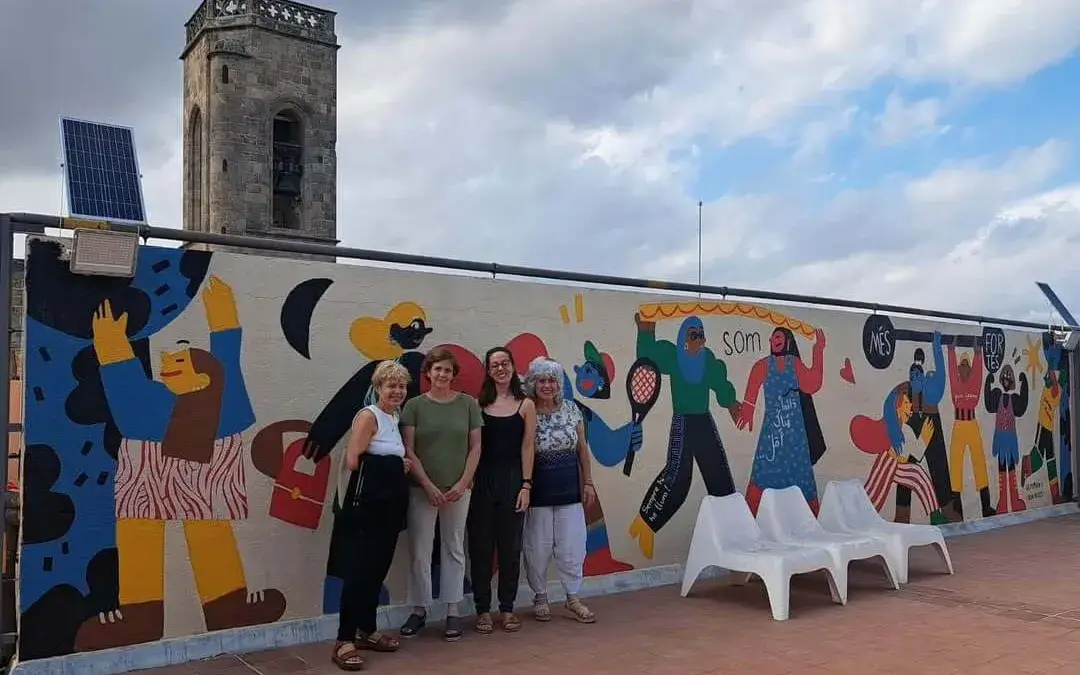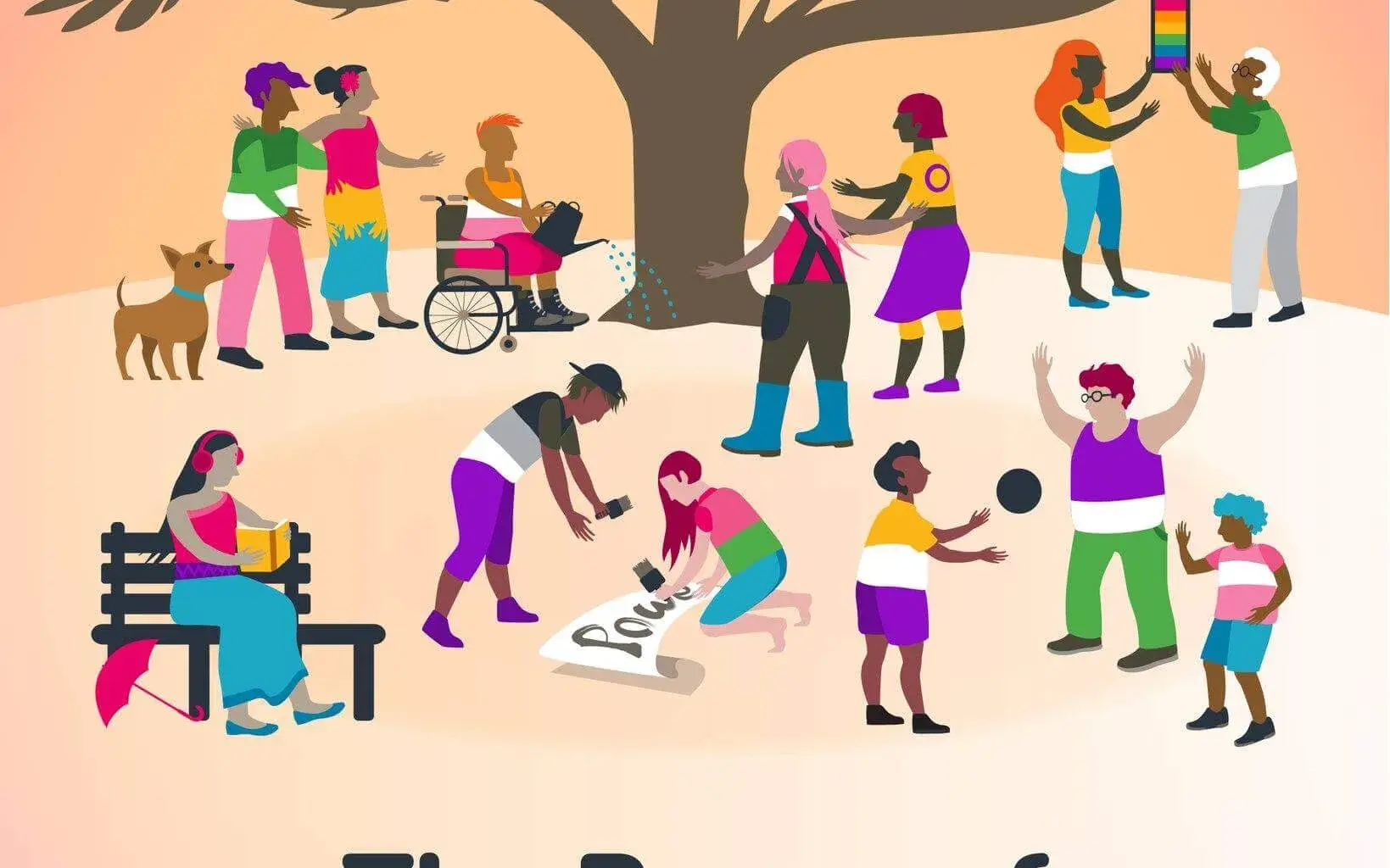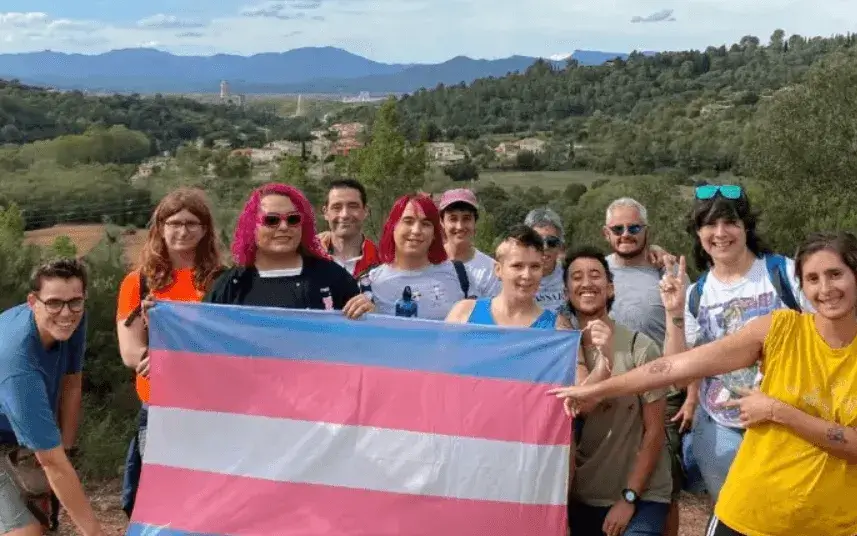The association ILGA is paying tribute to all the lesbians from the past that are a reference for the present times despite the efforts to silence their voices in society.
April 26th is the Lesbian Visibility Day. This year, many activities were organised and ILGA (the International Lesbian, Gay, Bisexual, Trans and Intersex Association) focused on celebrating the role of lesbians from a historical perspective.
Cristina González Hurtado, the chair of ILGA’s Women’s Committee highlighted that all lesbians who “expressed their love and eroticism for women and fought for their desire, did so to reclaim the rights of all of us today and for those to come in the future. Their visibility gave us wings to be free and the strength to continue making possible the utopia of loving each other outside the norms”.
These pioneering women have been hidden or silenced but also ignored by the system for many years, and that is why it’s important to recover their genealogy and for this very reason Hurtado adds that “dedicating a day to acknowledge the relevance of lesbian visibility is the least we can do to acknowledge with justice and joy the courage and generosity of all lesbians before us and those of us today who risk our lives in this unstoppable struggle”.
Past, present and future referents
Frances Power Cobbe, born in Donbate in County Dublin in 1822 was a writer, suffragette leader and animalist activist. Power established several groups to defend animals and also joined the National Society for Women’s Suffrage, later becoming a member of its executive board. She publicly lived with a woman for 24 years: in 1863 she settled in London with her partner, Welsh sculptor Mary Lloyd, and they both were accepted as a couple in society and by their close friends and family.
Christa Winsloe is another historical lesbian applauded by ILGA. She was a novelist, scriptwriter and sculptor who was born in Vienna in 1888. In 1930 she moved to Berlin during the Weimar Republic and was a member of the German Social Democrat Party. In Berlin she freely and openly lived her life as a lesbian and, once Hitler took power, she sought exile in France, where she joined the resistance against Nazism, for which she was executed.
One of Winsloe’s novels, Das Mädchen Manuela (A girl named Manuela) was adapted in a movie in 1931 under the name Mädchen in Uniform (Girls in Uniform) and is today considered the first lesbian-themed movie in history. The movie was directed by Leontine Sagan, one of the three women who directed a movie in Germany before 1960.
Girls in Uniform was only premiered successfully in a few countries, and was banned by National Socialism for its anti-fascist message and lesbian eroticism. It was only recovered in the sixties in feminist film festivals and circles that emerged at that time.
Frances Power Cobbe and Christa Winsloe are just two of the many examples of how lesbian visibility has been a history of diverse struggles, both personal and collective, with the goal of paving the way to making lesbians visible in a society that has tried to ignore reality.







Add new comment